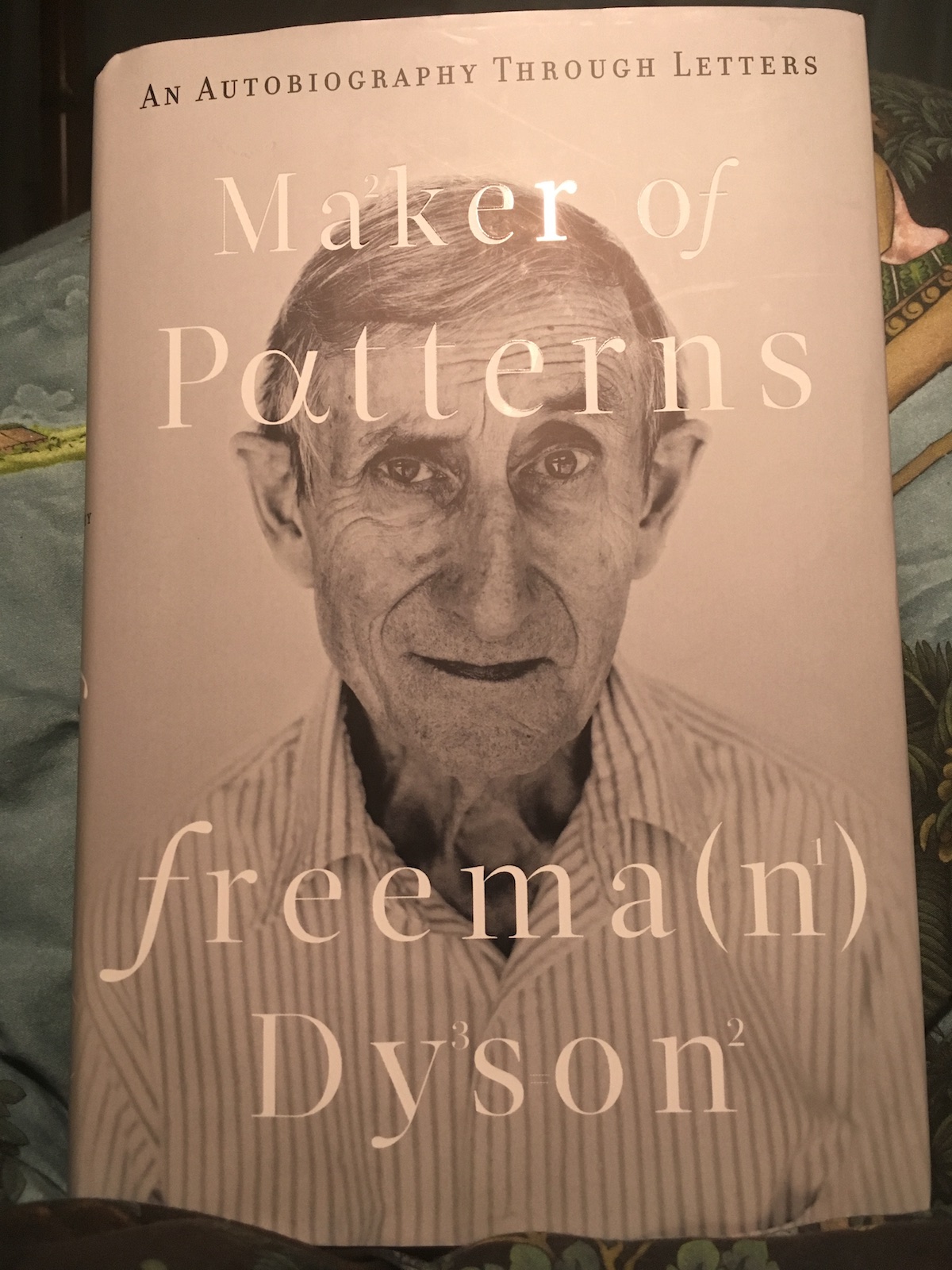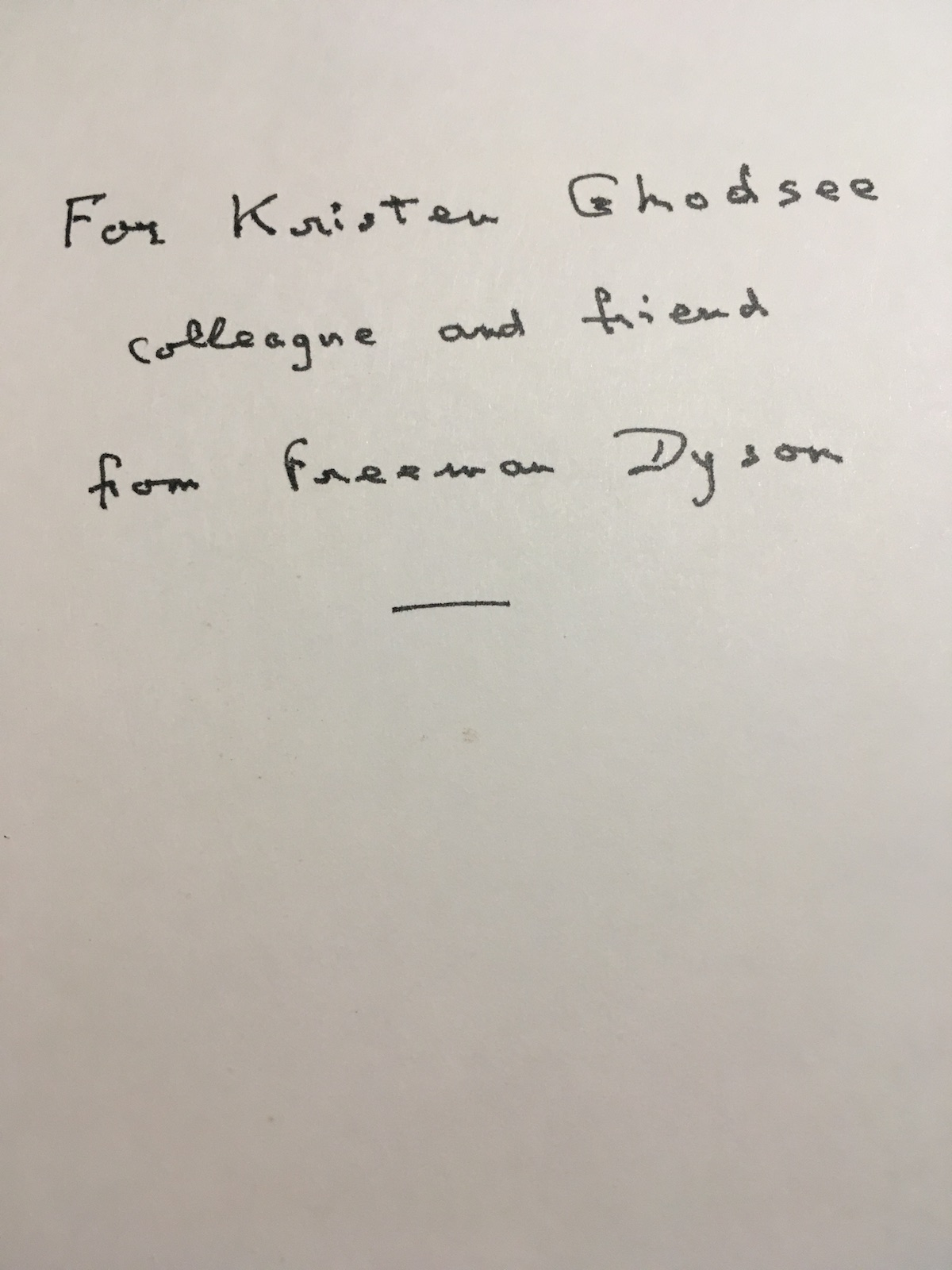“A quietly damning indictment of the Lean In approach to women’s empowerment through the corporate boardroom. Ghodsee makes a compelling case for a more expansive understanding of feminism, where remaking the economy is central. A necessary reminder that today’s socialism should be as much about pleasure as it is about power and production.”
Summer reading: The Sum of Small Things
Read a review of this book and decided to check it out for myself. Overall, it is a fascinating read about the rise of inconspicuous consumption among the so-called aspirational class. There is a lot of interesting information in the book, and it reflects on the social consequences of growing inequality in the United States and how it is becoming more and more difficult to reverse its long term effects. Forget about the Rolex and the Benz, health, wellness, education, and security in old age are the new status markers.
Summer Reading: Natural Causes
A friend recommended this book, and I devoured it in one sitting. I have always loved Ehrenreich's writing and for many years I taught her book, Nickel and Dimed. Because I also learned so much from Bait and Switch and Brightsided, I was eager to read her take on the hyper-medicalization of aging in the United States. She did not disappoint. It is so refreshing to read about someone who is growing old with grace and who is not afraid of the inevitable. Highly recommended for anyone over 40.
Summer reading: Workshops of Empire
I read Eric Bennet's article, "How Iowa Flattened Literature," in the Chronicle Review a few years ago and was very excited for this book. His basic argument is that Cold War pressures, and especially the need to fight against socialist realism, deeply influenced the development of American creative writing programs in the 1940s and 1950s. A lot of the techniques that the literary cognoscenti associate with "good" writing today are really artifacts of the anti-communist politics of the Cold War. It's a fascinating argument, and it helps me understand why much American creative writing tends to hyper-focus on the individual and the sensory experience of the world and eschews politics, philosophy, and ideas.
Summer reading: Axel Honneth, The Idea of Socialism, 2017
Daisy models Axel Honneth's excellent (and short) book, The Idea of Socialism
“For decades, despite a number of attempts at mutual rapprochement, the relationship between the socialist workers movement and the emerging feminist movement remained tense and unhappy. Although it became increasingly clear that women’s liberation not only required greater equality in terms of voting and labor rights, but also a more fundamental cultural change beginning with established forms of socialization if women’s voices were to be freed from the gender stereotypes imposed upon them, the worker’s movement remained blind to such conclusions, clinging instead to the priority of the economic sphere. How different the relationship between socialism and feminism could have been had socialists only been willing to take account of the functional differentiation of modern societies by interpreting the sphere of personal relationships as an independent sphere of social freedom. Had they done so, the moral standard of free cooperation in social attachments based on mutual love soon would have opened their eyes to the fact that the oppression of women begins within the family, where stereotypes are imposed upon them with open or subtle forms of violence, leaving them no chance to explore their own sentiments, desires and interests. The problem, therefore, did not so much consist in involving women equally in economic production, but in granting them authorship of their own self-image, independent of male ascriptions. The struggle for social freedom in the sphere of love, marriage and the family would have primarily meant enabling women to attain as much freedom as possible from economic dependency, violence-based tutelage and one-sided labor within the hatchery of male power. This would enable women to become equal partners in relationships based on mutuality, and it is only on the basis of free and reciprocal affection that both sides would have been capable of emotionally supporting each other and articulating the needs and desires they view as a true expression of their selves.”
“We are unable to anticipate social improvements in the basic structure of contemporary societies because we regard the substance of this structure as being impervious to change, just like things. On this account, the inability to translate widespread outrage at the scandalous distribution of wealth and power into attainable goals is due neither to the disappearance of an actually existing alternative to capitalism, nor to a fundamental shift in our understanding of history, but rather to the predominance of a fetishistic [and fixed] conception of human relations”
Lunch at the Institute for Advanced Study
I drove up to the Institute for Advanced Study in Princeton today to have lunch with Freeman Dyson after finishing his new book, Maker of Patterns. I tore through the book in one day, and enjoyed it immensely. Dyson narrates his life through a collection of letters he wrote home to his parents and later to his sister Alice. It is a remarkable jaunt through the second half of the 20th century – both personally and politically – and it is a real literary triumph. If anyone wants a good summer read, I highly recommend this book. At 94, Dyson is still a formidable force and a wonderful conversationalist.






